At least five people have been named as killed by security forces since fresh protests broke out in Iran over government-imposed food price increases this month. Pictures of other, wounded people, including young children, have been posted online.
On the evening of Sunday, May 15, many cities in the provinces of Chaharmahal and Bakhtiari and Kohgiluyeh and Boyer-Ahmad were the scene of anti-government demonstrations for the fifth consecutive night. Chanting against President Ebrahim Raisi and the Supreme Leader Ali Khamenei, the protesters aimed their anger squarely toward the rulers of the Islamic Republic. In some cities, prayer halls, seminaries and Basiji bases were broken into or set on fire.
Meanwhile the internet in at least 10 provinces has been cut off or slowed to a crawl, raising fears security forces are preparing to massacre those taking part in the blackout, as they did in November 2019.
In an urgent statement on Monday, Iran Human Rights implored Western governments – most importantly those involved in negotiations over a would-be revival of the JCPOA – to end their silence on egregious human rights abuses in Iran. They also demanded that social media platforms including Twitter and Instagram stop filtering images and videos of the protests, as has been reported in recent days.
Cutting Internet Is a Prelude to Violent Crackdown
Mahmood Amiry-Moghaddam, the director of Iran Human Rights, told IranWire that the cutting-off of the internet is a clear prelude to a violent crackdown. “The government cuts off the internet because it does not want the world to see pictures of street protesters, and hear their voices, as they are dealt with with tear gas and brutality. These pictures, if published, would increase the political cost.
“This, of course, is not specific to the Islamic Republic. All dictators and violators of human rights hide their crimes because they do not want to pay the high price of them. They know very well that these crackdowns are crimes under international law.” Even Iranian law does not allow for the violent suppression of these types of protests.
Amiry-Moghaddam believes it is the duty of every Iranian abroad not to stay silent and contribute to the dissemination of the so-far released images and reports. “When citizens, human rights advocates and citizen journalists inside Iran send this information to the outside world in the face all these obstacles, there is an obligation on all Iranians outside the country to spread the word as far as they can.
“This will help inform public opinion in other countries, especially countries that claim to be defenders of human rights, and compel their governments to respond by putting pressure on the Islamic Republic. The Islamic Republic resorts to violence to survive, but we have also seen that in some cases, international pressure forced them to retreat to a certain extent.
“This silence gives the government a green light. It believes European nations will close their eyes to violations of human rights for as along as the nuclear talks continue.As humans, it is our duty not to stay silent when we witness crimes against humanity.”
“The Ruling Clergy Are Responsible”
Ali Akbar Mahdi, a sociologist at California State University, notes that again like its predecessors, the latest wave of protests – initially over price hikes – very rapidly morphed into a general anti-Islamic Republic movement. “The trigger was the livelihood difficulties people are facing. An increase in the cost of bread and flour affects everybody, especially the underprivileged.
"But there are other factors too: the paralyzed economy, the very inefficient management of the country’s affairs, a monolithic regime and giving jobs to individuals who are not qualified in any sense but still set the economic policies.”
The manner of people’s reaction, he said, is also of the state’s own making: “The fact that today livelihood problems have become politicised and led to attacks against the regime itself is a result of actions by the Islamic Republic itself. From the very beginning, the made every activity political. In the first decade they even made women’s hijab and the color of their scarves a political issue, as they did with wearing ties and T-shirts for men. Today even the smallest protests are treated as a security issue.”
By monopolizing power in Iran and entrusting the responsibility for all decision-making to the clergy they have destroyed the legitimacy of the clergy, the mosques, the seminaries, and other religious institutions. There was a time that clergy in Iran was considered legitimate and enjoyed moral authority. After the revolution, however, the regime delegitimized the clergy by monopolizing power and turning into a tyrannical government, even though the revolution itself started as an anti-tyrannical movement.”
Some videos from Iran show attacks on government centers, including Basij bases, but also on mosques. For Mahdi, this is a sign that Iran’s clerical caste has lost the support of many of the people. Not only this, but “Mosques have turned into security outposts and some of them gather information about the people. That is a why a significant number of the faithful do not go to them.”
With the current protests in mind, Mahdi also harks back to an anecdote from Iran’s recent past. Ayatollah Hossein Ali Montazeri was the heir apparent to Ayatollah Khomeini before he fell out of favor after condemning 1988 massacre of political prisoners. In a letter to Khomeini, Montazeri wrote: “Now everything is at an end... A blood that is shed unjustly finishes everything.”
visit the accountability section
In this section of Iran Wire, you can contact the officials and launch your campaign for various problems




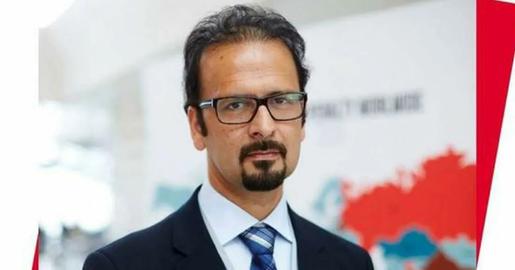
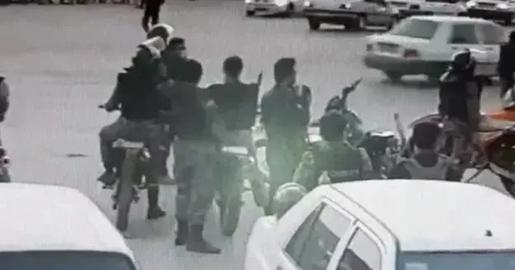
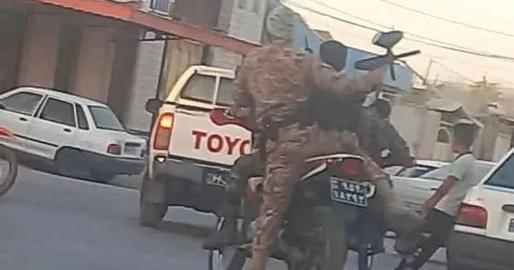
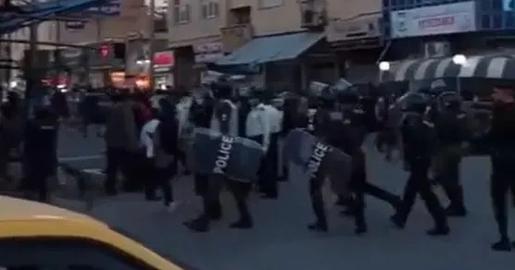
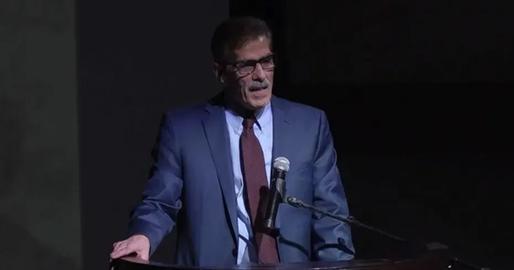



















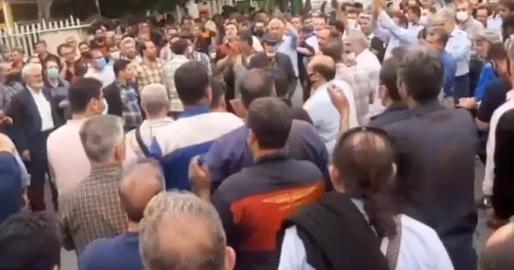
comments